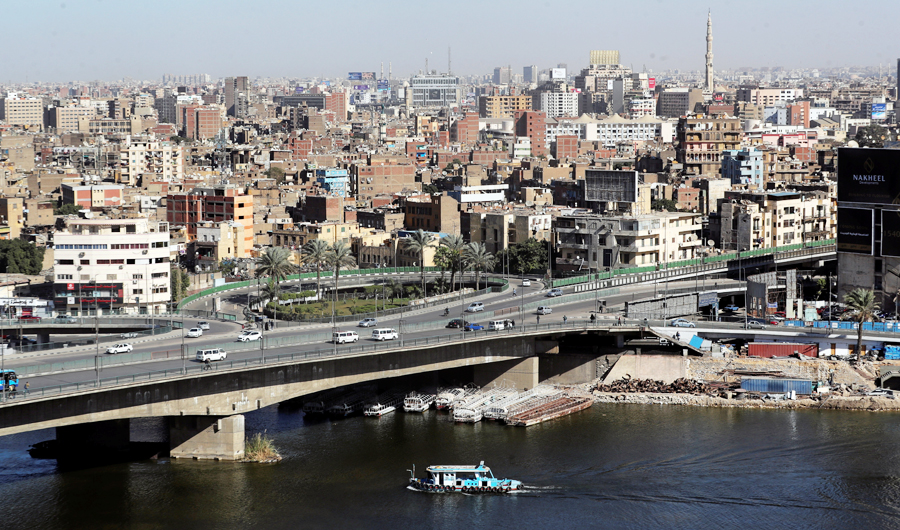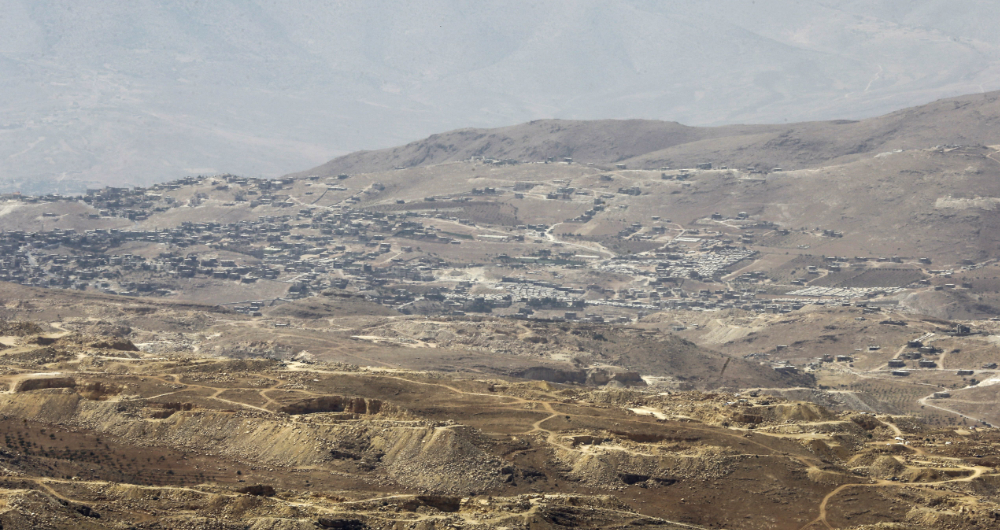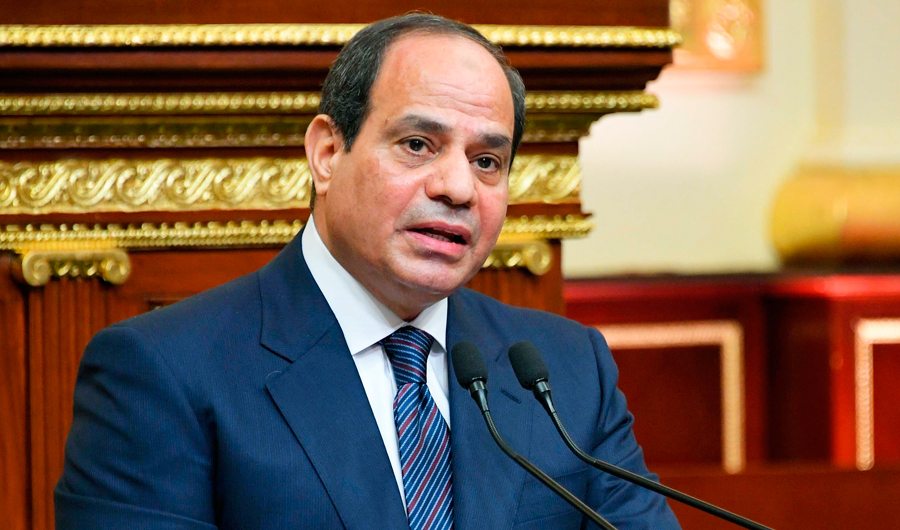Egypt to link 9 countries with the largest road in Africa
CAIRO: Egyptian Minister of Transport Kamel Al-Wazir said that Egypt is adopting a vast infrastructure plan to link nine African countries, including Sudan, with the largest land road in Africa.
During a plenary session of the Egyptian parliament, Al-Wazir confirmed that the development of the project, including the road and railway systems, aims to create a route from Salloum to Benghazi, explaining that this supports Egyptian industry and labor and contributes to the transport of goods to Libya.
“There was coordination with Chad regarding whether the route passes from Sudan or Libya, and we settled on starting from Libya, then Chad and then Congo,” Al-Wazir said.
He added that the development of the railway system comes in parallel with the establishment of the express electric train, explaining that the systems used in the railways aim to achieve safety and avoid human errors.
The minister confirmed that the Egyptian state is making great efforts to develop land and dry ports, indicating that a comprehensive plan has been prepared to establish 13 ports and a logistical center.
The new Egyptian ports aim to facilitate internal and external trade movement, support the Egyptian economy, prevent the accumulation of goods and containers in sea ports and achieve integration between means of transportation.
The minister said that in total, 35 projects were planned, with a total cost of 15 billion Egyptian pounds ($951,000). Nine projects have already been completed at a total cost of 300 million pounds, the most important of which is the construction of the Qustul land port at a cost of 79 million pounds, the Arqin land port at (93 million pounds), and development of the Taba land port (40 million pounds).

UAE imports $2.9bn in non-oil goods from Egypt in 2020Egypt receives 50,000 AstraZeneca jab doses from India



